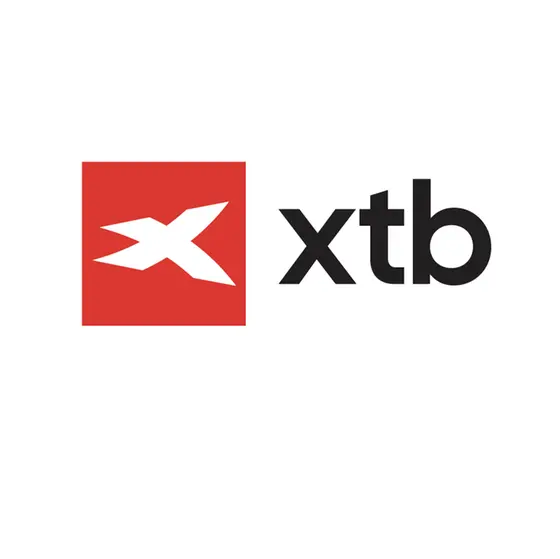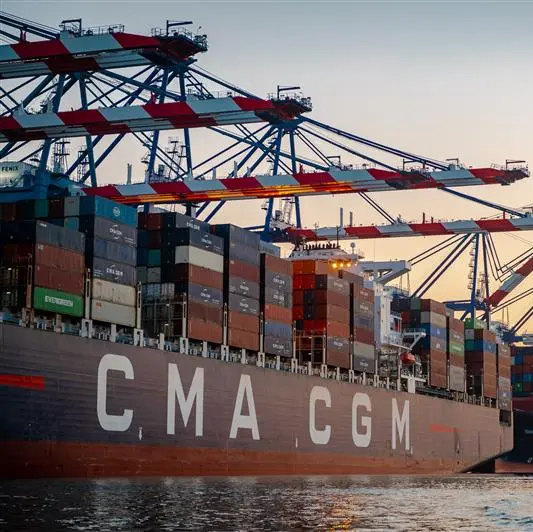- Number of high-volume eCommerce trading partners increased 44% YoY in UAE
Dubai, UAE: As Covid-19 kept consumers around the world at home, nearly everything from groceries to gardening supplies was purchased online. According to Mastercard’s latest Recovery Insights report, this amounted to an additional $900 billion being spent in retail online around the world in 2020. Put another way: in 2020, e-commerce made up roughly $1 out of every $5 spent on retail, up from about $1 out of every $7 spent in 2019.1
For retailers, restaurants and other businesses large and small, being able to sell online provided a much-needed lifeline as in-person consumer spending was disrupted.
Roughly 20-30% of the Covid-related shift to digital globally is expected to be permanent, according to Mastercard’s Recovery Insights: Commerce E-volution. The report draws on anonymized and aggregated sales activity in the Mastercard network and proprietary analysis by the Mastercard Economics Institute. The analysis dives into what this means by country and by sector, for goods and services, and within countries and across borders.
In the UAE, increase in online consumer spending was primarily driven by a 21% YoY jump in the number of online shops, in addition to a 44% YoY jump in the number of high-volume eCommerce trading partners from 2019 to 2020.
“While consumers were stuck at home, their dollars traveled far and wide thanks to e-commerce,” says Bricklin Dwyer, Mastercard chief economist and head of the Mastercard Economics Institute. “This has significant implications, with the countries and companies that have prioritized digital continuing to reap the benefits. Our analysis shows that even the smallest businesses see gains when they shift to digital.”
While the digital transformation has been neither universal nor consistent – due to geographical, economic, and household differences – the report uncovers several key overarching trends:
- Grocery and discount store digital gains look sticky: Essential retail sectors, which had the smallest digital share before the crisis, saw some of the biggest gains as consumers adapted. With new consumer habits forming and given the low pre-Covid user base, we anticipate globally that 70-80% of the grocery e-commerce surge to stick around for good.
- Global International eCommerce rose 25-30% during the pandemic: International e-commerce got a boost both in sales volume and the number of different countries where shoppers placed orders. With infinitely more choices at their fingertips, consumer spending on international e-commerce grew around 25-30% year over year from March 2020 through February 2021.
- Consumers increase their e-commerce footprints, buying from up to 30% more online retailers: Reflecting expanded consumer choice, our analysis shows that consumers worldwide are making purchases at a greater number of websites and online marketplaces than before. Residents in countries like Italy and Saudi Arabia are buying from 33% more online stores, on average, followed closely by Russia (29%), UK (22%) and the UAE (21%).
Recovery Insights: Commerce E-volution can be viewed here: https://go.mastercardservices.com/commerce-e-volution-mea-press
Mastercard launched Recovery Insights last year to help businesses and governments better manage the health, safety and economic risks presented by Covid-19. The initiative draws on Mastercard's analytics and experimentation platforms, its longstanding consulting practice and unique data-driven insights to deliver relevant and timely tools, innovation and research.
-Ends-
Methodology
The report draws on anonymized and aggregated sales activity in the Mastercard network and proprietary analysis by the Mastercard Economics Institute.
1The Mastercard Economics Institute drew on activity within the Mastercard network and modeled global retail e-commerce across all payment types to determine the additional retail e-commerce spending based on the deviation from the trend.
About the Mastercard Economics Institute
Mastercard Economics Institute launched in 2020 to analyze macroeconomic trends through the lens of the consumer. A team of economists, analysts and data scientists draws on Mastercard insights - including Mastercard SpendingPulse™ - and third-party data to deliver regular reporting on economic issues for key customers, partners and policymakers.
About Mastercard Incorporated (NYSE: MA), www.mastercard.com
Mastercard is a global technology company in the payments industry. Our mission is to connect and power an inclusive, digital economy that benefits everyone, everywhere by making transactions safe, simple, smart and accessible. Using secure data and networks, partnerships and passion, our innovations and solutions help individuals, financial institutions, governments and businesses realize their greatest potential. Our decency quotient, or DQ, drives our culture and everything we do inside and outside of our company. With connections across more than 210 countries and territories, we are building a sustainable world that unlocks priceless possibilities for all.
Mastercard Communications Contact
Baiba Upmale baiba.upmale@mastercard.com
© Press Release 2021
Disclaimer: The contents of this press release was provided from an external third party provider. This website is not responsible for, and does not control, such external content. This content is provided on an “as is” and “as available” basis and has not been edited in any way. Neither this website nor our affiliates guarantee the accuracy of or endorse the views or opinions expressed in this press release.
The press release is provided for informational purposes only. The content does not provide tax, legal or investment advice or opinion regarding the suitability, value or profitability of any particular security, portfolio or investment strategy. Neither this website nor our affiliates shall be liable for any errors or inaccuracies in the content, or for any actions taken by you in reliance thereon. You expressly agree that your use of the information within this article is at your sole risk.
To the fullest extent permitted by applicable law, this website, its parent company, its subsidiaries, its affiliates and the respective shareholders, directors, officers, employees, agents, advertisers, content providers and licensors will not be liable (jointly or severally) to you for any direct, indirect, consequential, special, incidental, punitive or exemplary damages, including without limitation, lost profits, lost savings and lost revenues, whether in negligence, tort, contract or any other theory of liability, even if the parties have been advised of the possibility or could have foreseen any such damages.



















